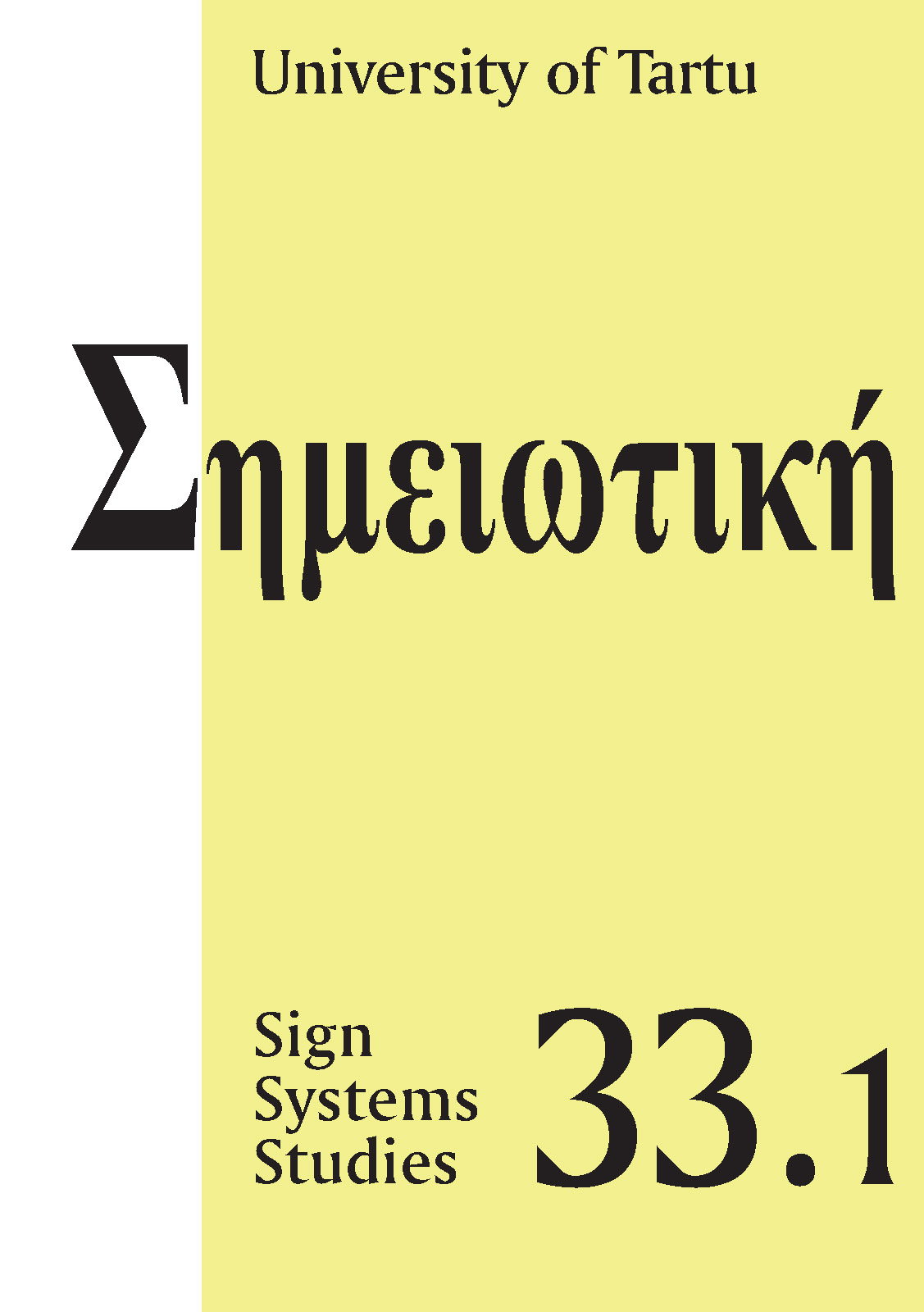The semiotics of sexuality: The choice becomes the association of habits becomes the desire becomes the need
DOI:
https://doi.org/10.12697/SSS.2005.33.1.04Abstract
Pragmatism is the idea that we attribute meaning to things that matter to us. Ultimately, the things that matter are intercepted by our bodies — our eyes, ears, nose, hands, feet, skin — right down to our sex differences. Our bodies are the tools with which we interface with the world — the cultural world. Sex differences provide major insights into how the body impacts on experience and thus, personality and ultimately culture’s gender roles. In my earlier paper, I discuss what Peirce identified as fundamental aspects of cognition — habits and associative learning — and I place them in the context of Heidegger’s Dasein. In this current paper, I develop on these ideas in order to apply them to understand gender roles. From the inextricable connection between habits, associative learning and Dasein, we can infer the following: (1) Gender roles are habits; (2) Gender roles are chosen; (3) Men and women “like” the roles to which they have been assigned (this is a fundamental expression of Dasein). That is to say — the choice becomes the association of habits becomes the desire becomes the need. Hence arise the needs by which gender roles are identified.


